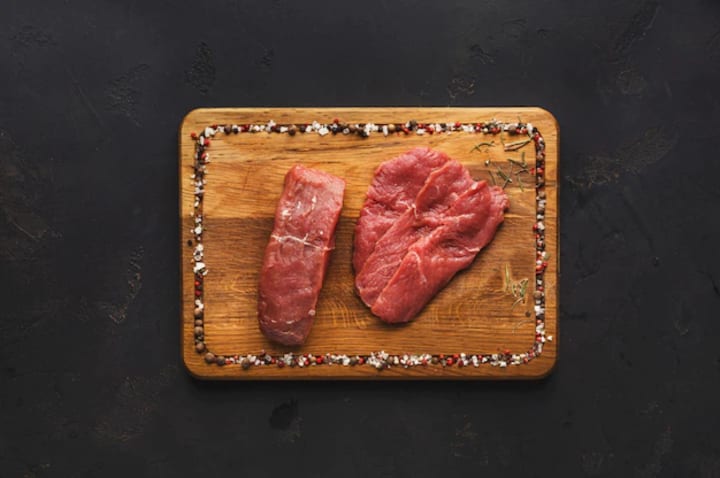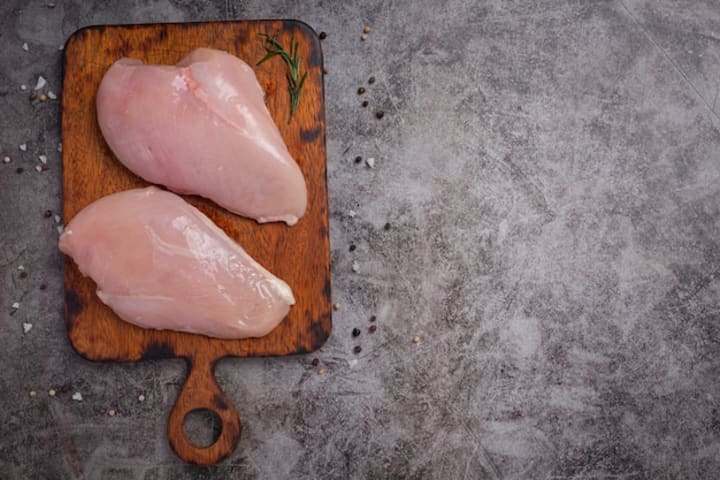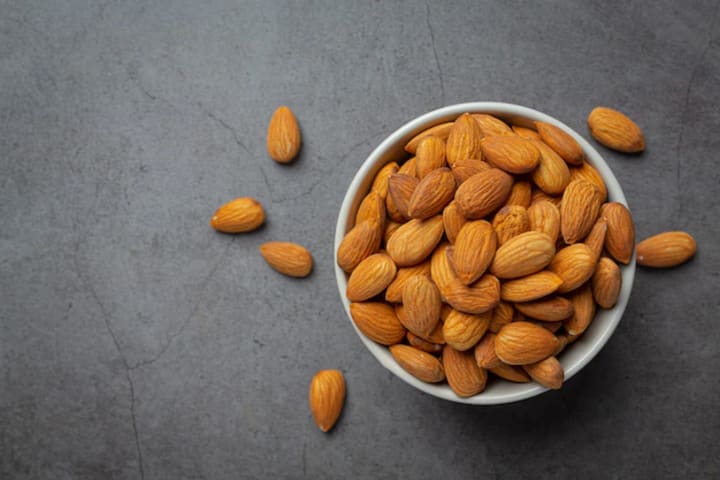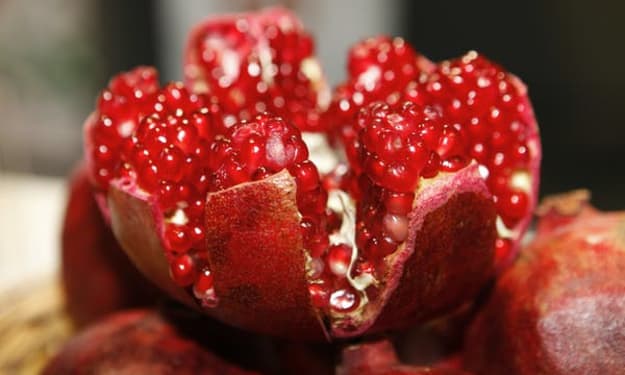Top 10 High-Protein Foods to Include in Your Muscle-Building Diet
High-Protein Foods to Include in Your Diet

Diet is essential for muscle building. Protein is required by the body in order to build muscle. The most important component of muscle tissue is protein. Your body will not be able to build muscle if you do not consume enough protein.
There are numerous foods that are high in protein.
Most of us understand that proteins are an essential component of almost every diet for almost every individual of every age group because they provide several well-known benefits such as muscle growth, repair, and tissue rebuilding. Proteins are essential for muscle building, especially for bodybuilders and other people who engage in physical activities on a daily basis.
Protein and protein supplements are riddled with myths. Proteins, according to some, are extremely harmful to the body and can lead to serious health problems such as kidney disease.
Proteins can be consumed in numerous ways. People are unfamiliar with protein powders, what foods contain them, and how much protein is in them. Understanding the nutrients present in what we eat is critical for having a properly developed healthy body.
Protein powders are easy to use because they can be mixed with water or milk. Depending on personal preferences, it can also be added to smoothies. Protein powders are generally considered safe for healthy people to consume.
Those with kidney disease should avoid eating more protein because it may aggravate their condition because proteins must be digested, which is difficult for people with kidney disease.
The following are the top ten high-protein foods to incorporate into your muscle-building diet:
1. Lean Beef

Lean beef is another high-protein option that is also very tasty and suitable for non-vegetarians. It is high in vitamins and minerals, just like fish. Red meat can be included in a healthy diet, but only in moderation.
Consuming a lot of red meat is not advised because it can cause a number of health issues, including colorectal cancer. Although red meat is a good source of protein, it is recommended that you eat less of it and more plant-based protein-rich foods that do not cause many health problems.
Protein Content: 24.6 grams of protein are found in 85 grams of lean beef.
2. Chicken Breast

Many people eat chicken breast, which is a high-protein food that is widely available around the world. Chicken, in addition to being high in protein, contains vitamins and minerals such as zinc and selenium.
Many recipes can be made with chicken, which is extremely flavorful and considered one of the most appetizing foods by nonvegetarians worldwide. Salads with chicken can be made, and chicken soups are particularly popular.
Protein Content: 86 grams of chicken breast contains 26.7 grams of protein.
3. Eggs
Whole eggs are high in many nutrients that our bodies require and are eaten by millions of people around the world. It is not only high in protein but also easily absorbed by the body.
Eggs contain vitamins, minerals, healthy fats, and antioxidants. Eggs are ideal for pregnant women, and they play an important role in growth and development during breastfeeding.
Many studies and academics have debunked the myth that egg yolks are bad for your health because they cause cholesterol. Many studies have also found that whole eggs have a healthy component that may aid in the prevention of many chronic diseases in humans.
Protein Content: A 50-gram egg contains 6.3 grams of protein.
4. Cottage Cheese
Cottage cheese has a high protein content while being low in fat and calories. Calcium, phosphorus, selenium, and other minerals can be found in them.
Because cottage cheese is lower in calories than other types of cheese, it is popular among dieters and health-conscious consumers. It has a creamy, soupy texture thanks to the curds and whey. It is frequently made by draining cheese from cow's milk.
You can eat it for breakfast and combine it with fruits to make a tasty dish. It is practically everywhere and is completely risk-free to consume.
Protein Content: Cottage cheese contains 28 grams of protein in 226 grams.
5. Almonds

Plant-based proteins, fiber, manganese, vitamin E, and magnesium are abundant in almonds.
Almonds contain a high concentration of antioxidants, which can help protect against oxidative stress, damage molecules in cells, and prevent aging and diseases like cancer.
Almonds should be part of your diet because they have numerous health benefits, such as lowering the risk of heart disease and regulating bad cholesterol and high blood pressure.
Protein Content: Almonds provide 6 grams of protein in 28.35 grams.
6. Greek Yogurt
Greek yogurt, also known as strained yogurt, is a high-protein food. It also contains a lot of calcium, zinc, selenium, vitamin A, and B12.
It's a great kitchen ingredient because it's thick and creamy and can be used in both sour and sweet dishes. It is recommended that you use plain Greek yogurt with no added sugar.
Protein Content: Greek yogurt has 19.9 grams of protein per 200 grams.
7. Milk
Dairy milk is well-known throughout the world, and it contains almost every nutrient required by human bodies. It is widely available and is consumed by millions of people around the world.
It contains a lot of protein, calcium, phosphorus, and other essential vitamins and minerals. Although it is a healthy diet, lactose intolerant people should avoid milk and dairy-based products.
Lactose-free dairy products are also available, which is fortunate.
Protein Composition: 8.32 grams of protein are contained in 246ml of dairy milk.
8. Lentils
If you are a vegetarian or vegan, lentils are an excellent source of plant-based proteins that you can include in your regular diet. They also contain a number of other nutrients.
Plant-based proteins are always preferred over animal-based proteins because they are thought to be safer and less hazardous to health. Some animal proteins can cause serious health issues, which can be avoided by replacing them with plant proteins.
According to research, people who eat lentils on a regular basis have a lower risk of developing health problems such as fatty liver and heart disease.
Protein Content: The protein content of 100 grams of cooked lentils is 9.02 grams.
9. Quinoa
Quinoa is a popular seed in the wellness or fitness industry. Quinoa contains a lot of protein as well as zinc, folate, iron, copper, and fiber.
It is a plant-based protein source, which is great news for all vegetarians and vegans. It is less hazardous than animal-based protein sources, which should be avoided in large quantities.
Quinoa is a complete protein source because it contains all nine essential amino acids that our bodies cannot produce on their own.
Protein content: One cup of cooked quinoa provides 8 grams of protein.
10. Fish
Fish is high in protein and a variety of vitamins and minerals, including iodine, vitamin B12, and selenium. Fish is an excellent source of protein that can be eaten on a regular basis, particularly by nonvegetarians.
Fish is easy to come by and is available all over the world. There will be a wide variety of fish available for purchase, each with a different nutritional content.
Fish is also a favorite cuisine of some people from various civilizations. It is easy to make and can be used to prepare a variety of foods. It goes well with curry salads. Some people enjoy fish soups as well.
Protein Content: Half salmon fillet provides 30.5 grams of protein.
Conclusion
People who want to gain muscle should eat a healthy diet. Protein is an essential nutrient for muscle development. There are numerous high-protein foods that can assist people in reaching their fitness goals.
If you are enjoying this article, keep supporting your valuable feedback below.
About the Creator
Dhanesh K R
I have the expertise as a content writer with excellent writing abilities, a solid grasp of the creation of high-quality content, and a background in the development of case studies, business and marketing materials, and press releases.






Comments
There are no comments for this story
Be the first to respond and start the conversation.